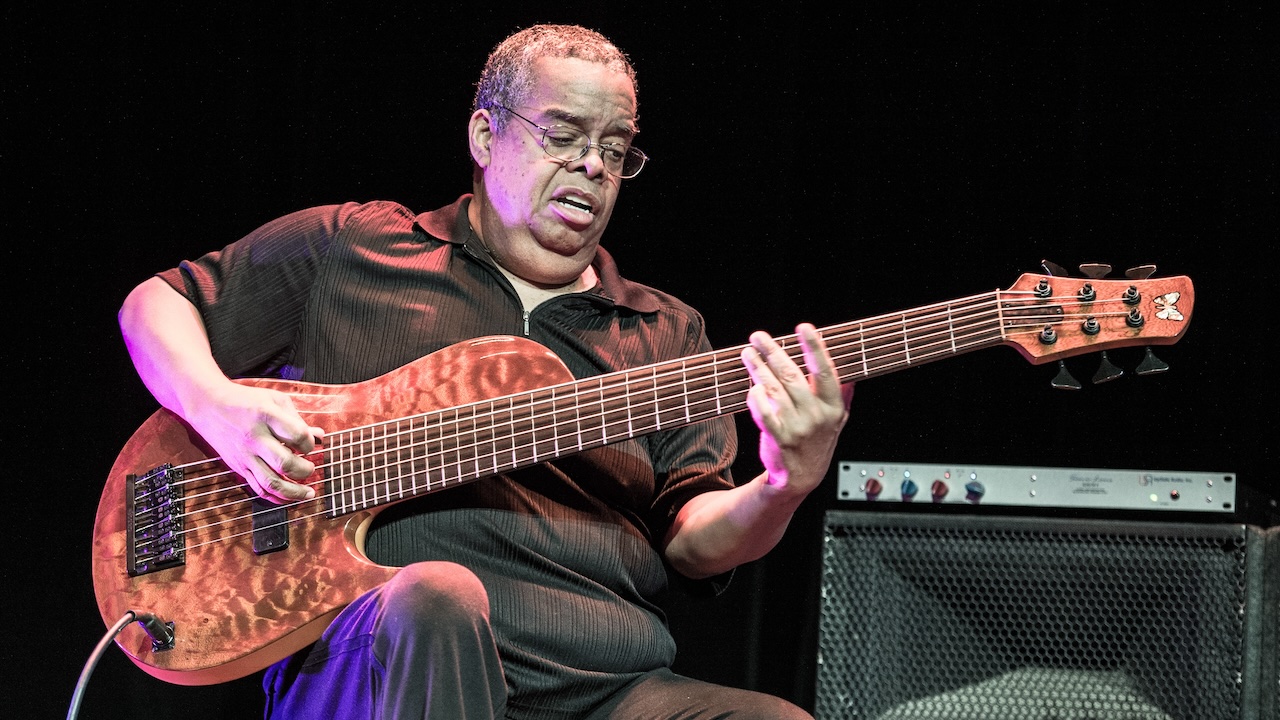10 legendary blues guitars, from Lucille to Lucy and the ‘Loch Ness Monster of Les Pauls’ – a priceless Gibson that has been missing for more than 50 years
Named and famed! Behind every great blues player is a great guitar, and they don’t come more iconic than this...
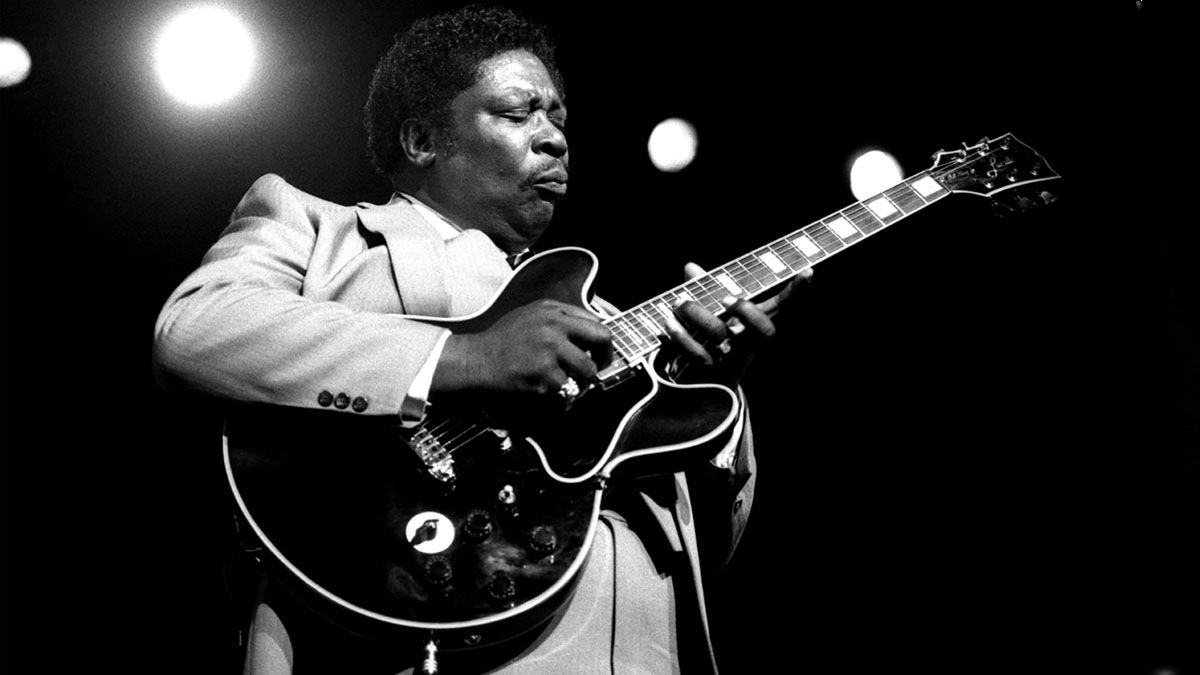
All the latest guitar news, interviews, lessons, reviews, deals and more, direct to your inbox!
You are now subscribed
Your newsletter sign-up was successful
Maybe it’s all the bending and vibrato, and the associated pain that comes with steel-string manipulation, but there is something deeper about the connection between the blues player and their guitar.
The great blues players do something with those guitars; they take on a life of their own. Blues guitars are often named, as though a surrogate for a lover, past or present.
Here we’re going to take a look at some of the most famous blues six-strings in history, and also suggest some reasonably priced options on today’s market for the next generation of players to tell their story on. That’s us, right?
1. Robert Johnson's circa-1926 Gibson L-1
We might imagine Robert Johnson’s life in sepia and monochrome but that’s an illusion sold by archive photography. His reality was lived in vivid colour as the Delta blues godfather breathed life into the art, mostly in juke joints but, thankfully for posterity, across two recording sessions too.
He played a number of guitars but the 1920s Gibson L-1 flat-top – spruce topped, round-bottomed – is the one we remember.
2. Muddy Waters’ 1958 Fender Telecaster
Someone needed to take that sound pioneered by Johnson and the acoustic forebears of blues and electrify it. Enter Muddy Waters. Mississippi born, made in Chicago, Waters’ Telecaster (aka The Hoss) was his number one.
Serial number: 026176, ash-bodied refinished red, upgraded with a six-saddle bridge and rosewood neck, it gave Waters some spike to work with. The Stones, Clapton et al were listening.
All the latest guitar news, interviews, lessons, reviews, deals and more, direct to your inbox!
3. Stevie Ray Vaughan’s circa-1963 Fender Strat Number One
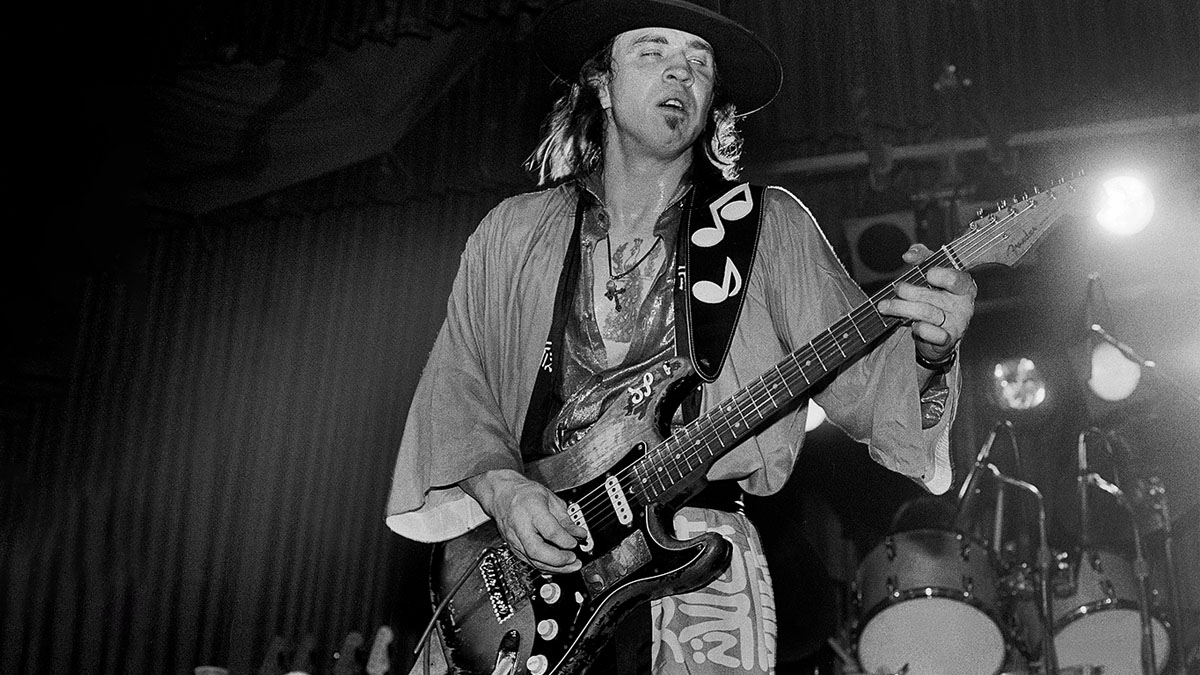
Number one, aka ‘First Wife’, is the greatest guitar in Texas blues, recognisable for its engraved pickguard, three-colour sunburst, and a left-handed vibrato on a right-handed guitar. Bought at Ray Hennig’s Heart of Texas Music, Austin, Number One is a mongrel with a ’63 body, ’59 pickups ’62 neck, but it had guts.
4. Eric Clapton’s 1959 Gibson Les Paul ‘Beano Burst’
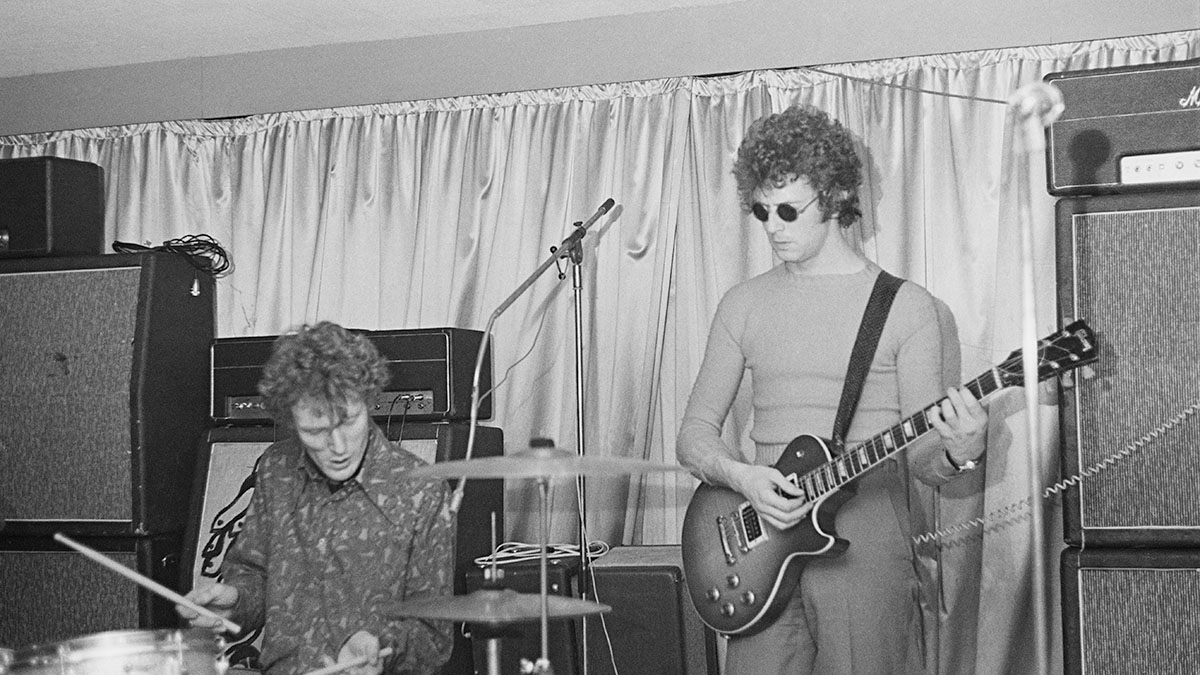
Eric Clapton used it to track Blues Breakers With Eric Clapton in 1966, and it’s named Beano because Slowhand is reading the Beano on the album cover. What makes this the Loch Ness Monster of Les Pauls is that it was stolen in ’66 and hasn’t been seen since. The late Peter Green said in 1999 it’d be worth £50 million. Where is it?
5. B.B. King’s Gibson ES-355 Lucille
There have been many Lucilles in B.B. King’s arsenal over the years, but they all share the same story: named after a woman two men were fighting over in a dancehall. The tale goes that they knocked over a barrel of burning fuel in the process and started a fire.
King ran into it in order to save his beloved guitar and subsequently named it after the subject of the feud. Typically, Lucille was an ES-355, dressed in a tux, f-holes filled in, and a TP-6 bridge because intonation is everything.
6. Billy Gibbons’ 1959 Gibson Les Paul ‘Pearly Gates’
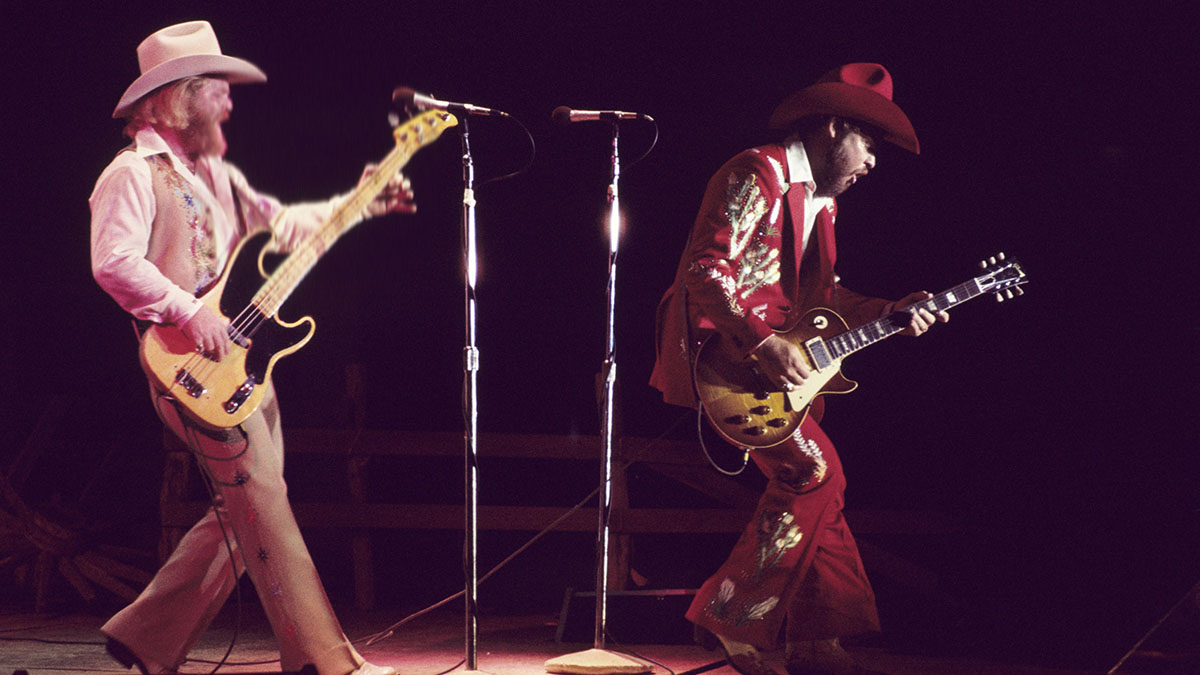
Another Holy Grail Les Paul, and one that ZZ Top’s whiskered master of ceremonies says is irreplaceable. Gibbons bought Pearly Gates in 1968 for $250, from a country player turned rancher whom he described as “a John Wayne guy”. A feature of every ZZ Top record since, it is one of the best-sounding Les Pauls ever made.
7. The Greeny 1959 Gibson Les Paul Standard
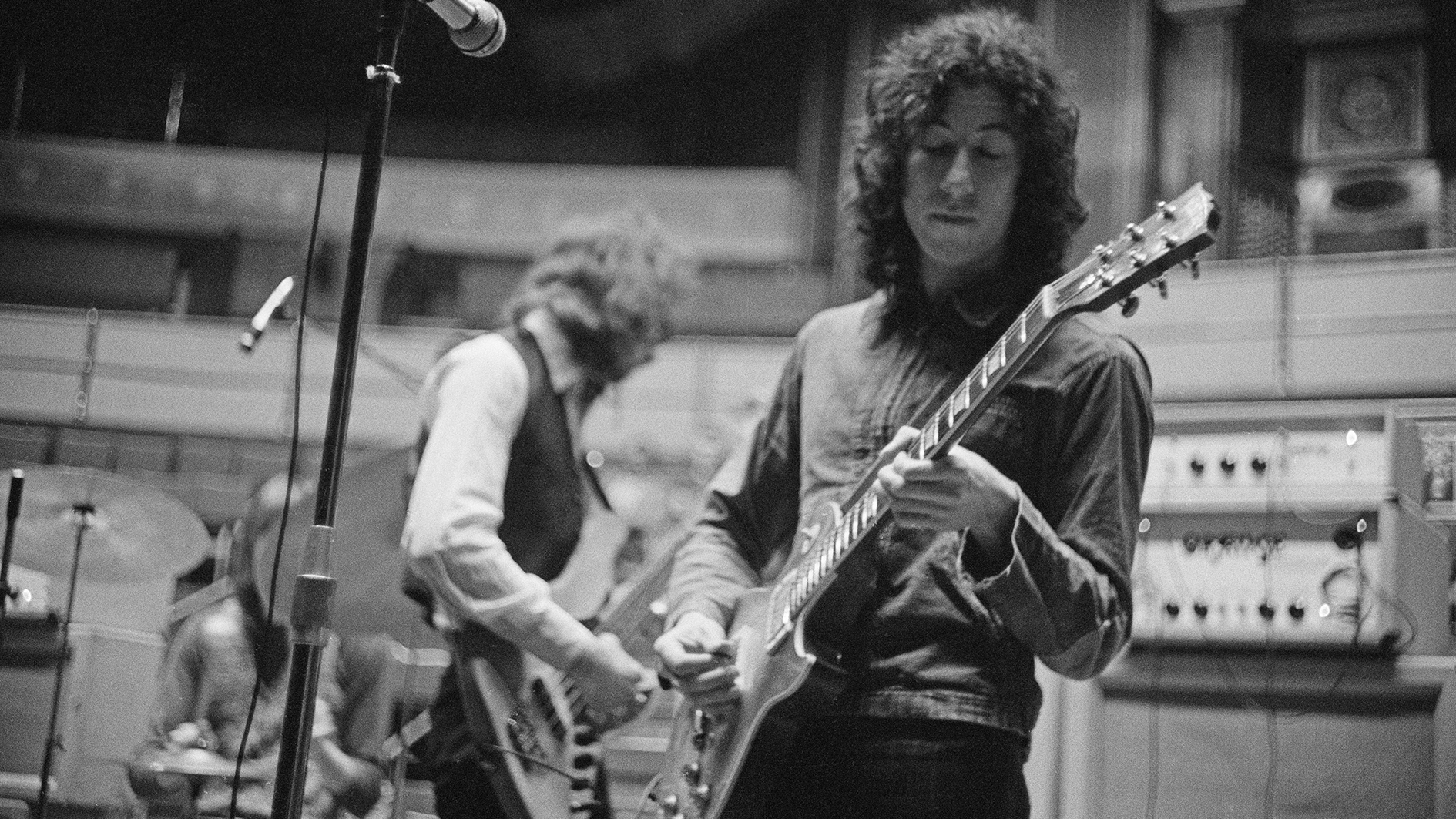
Not another ’59 Les Paul Standard? Yes, and how could we leave Greeny off this list? Owned by two blues greats, first Peter Green, from whom it takes its name, then Gary Moore, and now by Metallica’s Kirk Hammett, Greeny has the iconic out-of-phase tone and mismatched controls.
8. Johnny Winter’s 1964 Gibson Firebird V
They say dogs look like their owners (or is it the other way round?) but what about guitarists and their instruments? There was something truly simpatico about Winter and his beat-down Polaris White Firebird V, bearing the scars of its removed maestro, the worn Firebird log on the pickguard, all the signs of a life lived hard. And then it had that voice, the perfect vehicle for Winter’s animalistic playing style.
9. Albert King’s 1959 Gibson Flying V ‘Lucy’*
We’re putting an asterisk on which Lucy is considered Albert King’s main squeeze because, like his namesake B.B., he loved a few in his life, but the korina V from the first batch out the Gibson factory helped establish one of the most captivating presences in blues. Legendary luthier Dan Erlewine built King some custom Lucy V’s, replete with her name on an open-book style headstock.
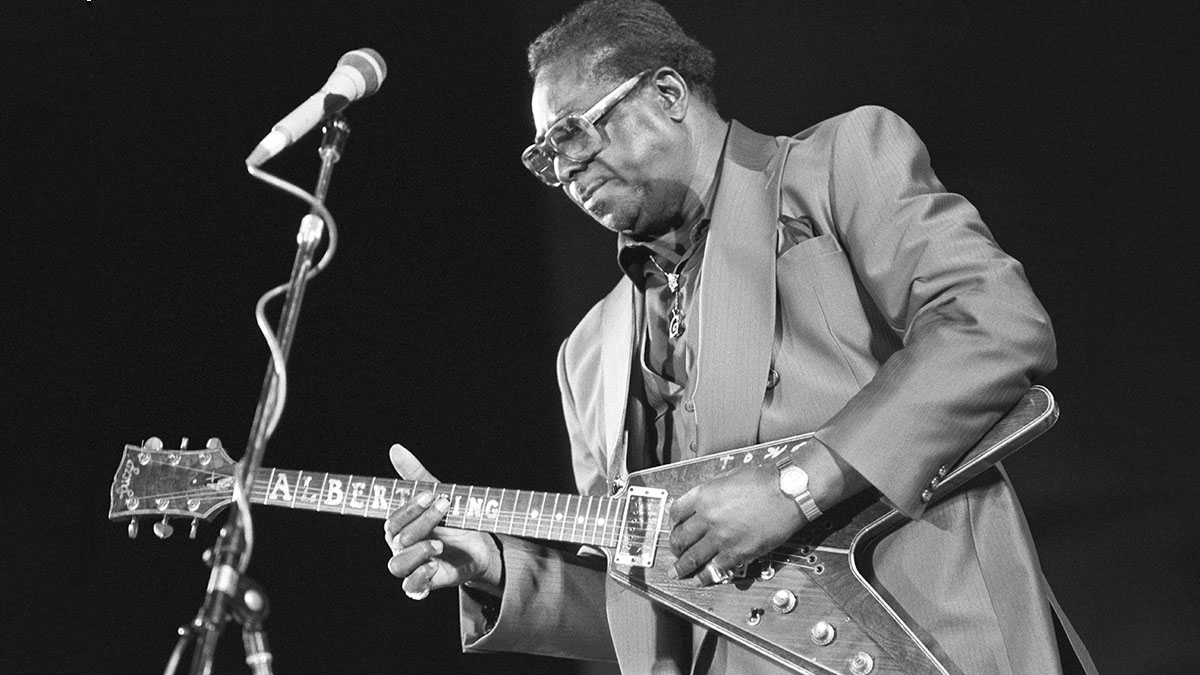
10. Albert Collins’ 1966 Custom Telecaster
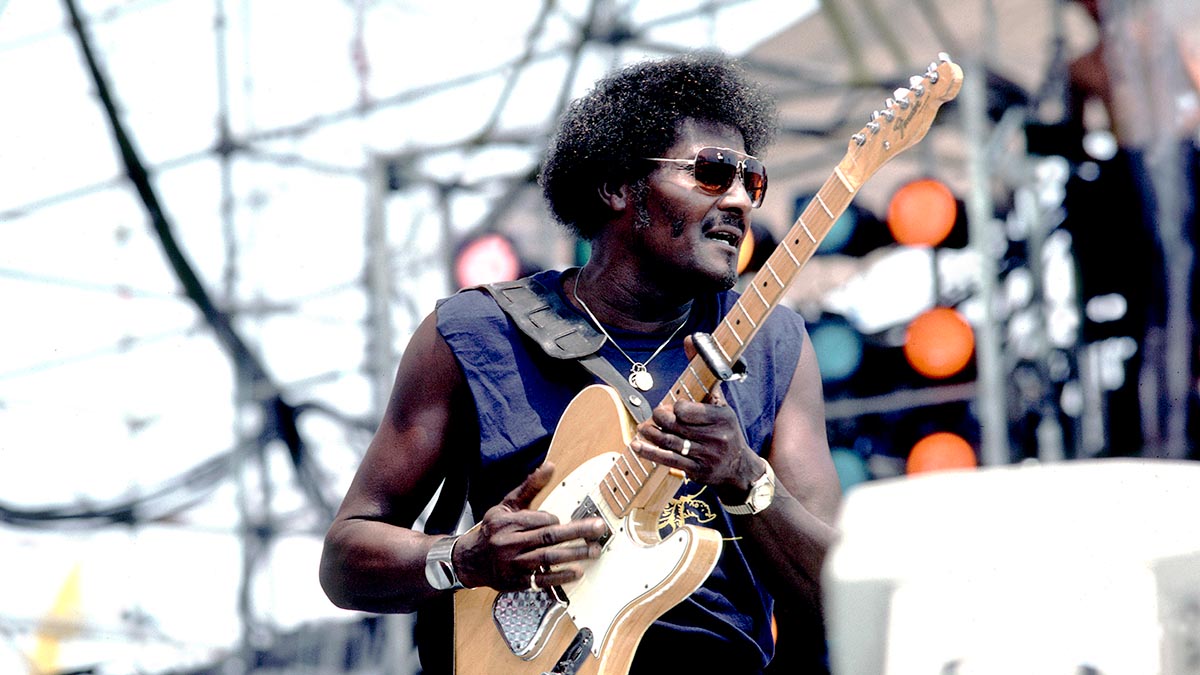
The Iceman cometh! Now here’s a Telecaster to pin the audience to the back of their seats, which Albert Collins, the undisputed Master of the Telecaster, did on a nightly basis throughout his career.
Famously, he’d tune his Tele to open F minor, using a capo to change the key, playing with his fingers through a dimed Fender Quad. With a Gibson PAF at the neck position, what else could anyone need from a guitar?
Jonathan Horsley has been writing about guitars since 2005, playing them since 1990, and regularly contributes to publications including Guitar World, MusicRadar and Total Guitar. He uses Jazz III nylon picks, 10s during the week, 9s at the weekend, and shamefully still struggles with rhythm figure one of Van Halen’s Panama.





